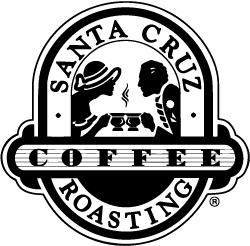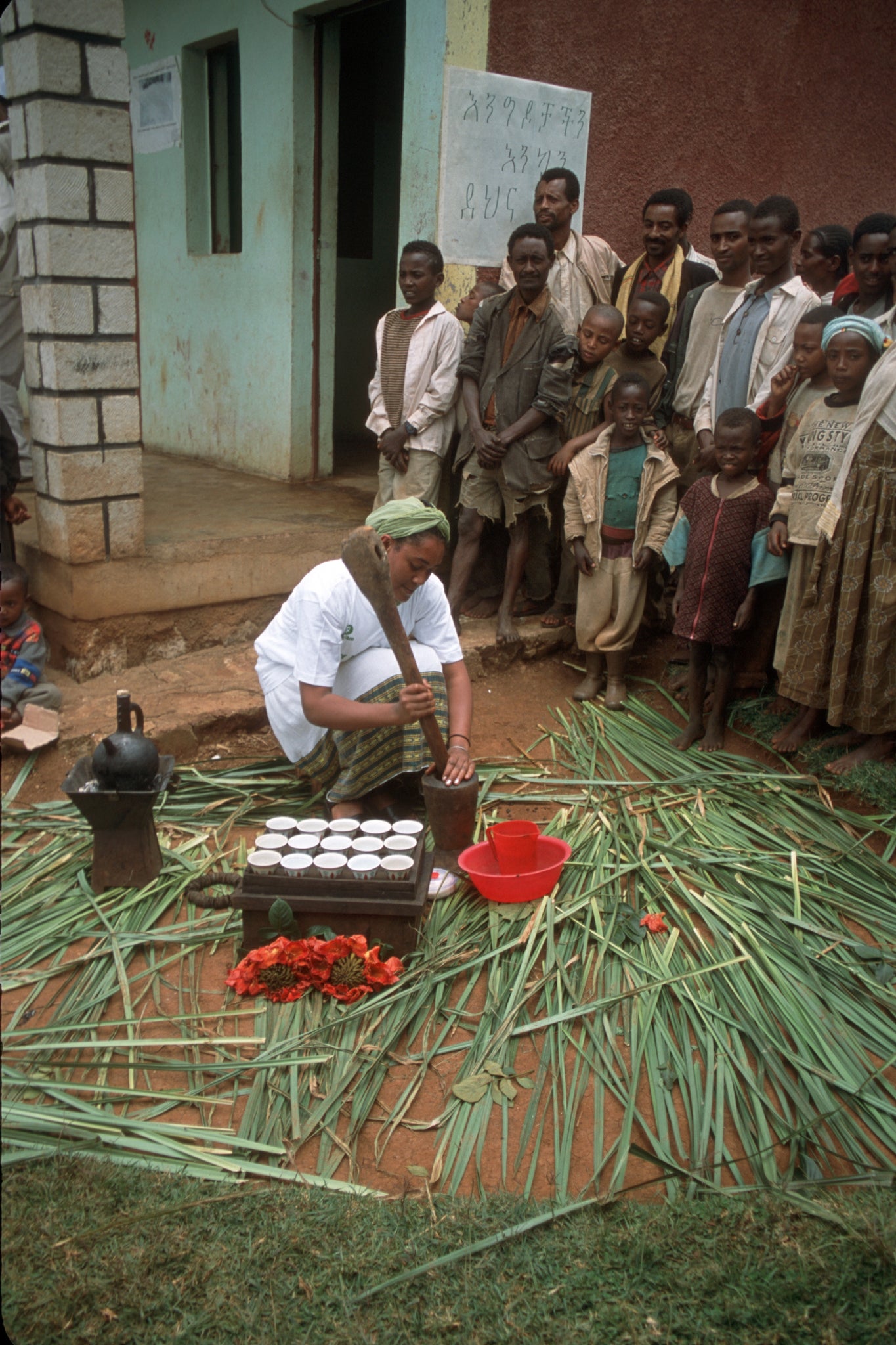
About Fair Trade

When you buy a cup of coffee, you are not simply giving your money to the person at the cash register. Your purchase is the last link in a chain of transactions which starts with the farmers who planted, nurtured, and picked the coffee that you are enjoying. As a consumer, you have a choice of who receives your money and how it is used.
Often, farming communities in Asia, Africa and South and Central America are stuck in a cycle of poverty as a result of low prices, market volatility and isolation. By choosing to purchase Certified Fair Trade coffee, you are ensuring that the farmers whose livelihood depends on the sale of their coffee are paid a fair price for their efforts. This is the surface of the idea of fair trade; however, the concept goes much further than is often realized.
Importers of Certified Fair Trade coffee are obligated to buy their product at a price which is set to ensure the democratically organized farming groups receive a guaranteed minimum floor price. In doing this, the importers ensure that more money goes directly to the farmers which empowers farmers to develop the business capacity needed to compete in the global marketplace. Without Fair Trade, coffee farms and co-ops are forced into commitments to sell their coffee pre-harvest in order to have enough money to survive during the growing season, often at prices so low they cannot recover their cost of production. The result is a cycle of poverty that is impossible to break. With importers who are required to pay a mandated fair price and extend pre-harvest credits, the farmers are able to guarantee an income for themselves and their families year round.
Fair Trade farmers decide democratically how to invest the revenues of their products Farming communities are improved by investments in schools, housing, and other projects which ensure the health and success of the farmers, as well as social and business development projects such as scholarship programs and quality improvement training. Environmental sustainability is also encouraged. As part of Fair Trade certification, harmful agrochemicals and GMOs are prohibited, which helps to protect valuable ecosystems as well as the health of the farmers.
By supporting Certified Fair Trade products, you are enforcing a need for these products and ensuring a place for them in the American marketplace. The more Certified Fair Trade products that are available, the more knowledge will be available to consumers about how their purchases affect others around the planet. We believe is it crucial to understand the situations of people around the world instead of having a view that ends at our own borders. At Santa Cruz Coffee Roasting, we strongly believe in the importance of Fair Trade and environmental sustainability.